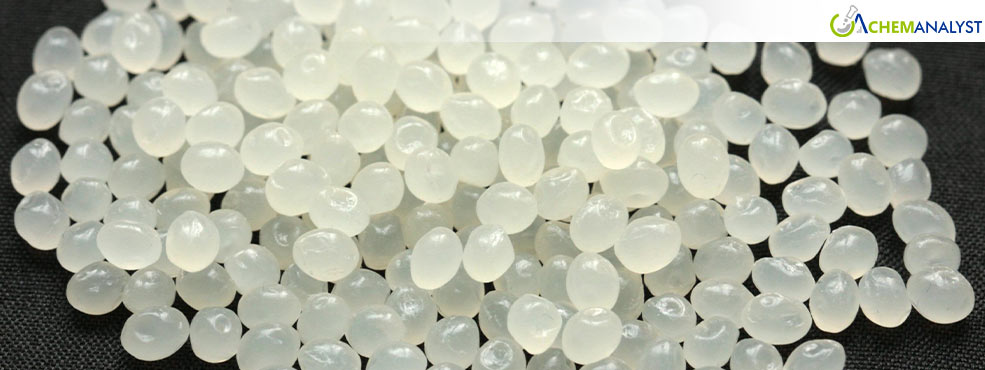Welcome To ChemAnalyst

Ethyl Vinyl Alcohol Copolymer (EVOH) prices in the United States remained stable throughout April 2025. This pricing stability was partly supported by the unchanging cost of its primary feedstock, Ethylene Vinyl Acetate (EVA). Furthermore, downstream packaging market demand remained poor, with export orders falling in April 2025 amid US-imposed tariffs on material imports and exports. This has affected consumer sentiment and made a cautious approach for buyers regarding procurement activities.
Key Takeaways:
According to ChemAnalyst, with the incoming seasonal demand in the downstream packaging sectors, prices for EVOH may rise moderately in the USA by the mid-to-late second quarter.
Furthermore, Niederwieser, Dow, and Kuraray's recyclable mono-material polyethylene vacuum pouches with an EVOH oxygen barrier, which will be demonstrated at IFFA in early May 2025, are a significant step toward more sustainable food packaging solutions in preparation for the impending PPWR. If widely utilized, this invention may raise demand for specific grades of EVOH that can be recycled with polyolefins.
According to the most recent assessment, EVOH prices in the United States remained stable, with spot prices for feedstock EVA remaining unchanged throughout the month. The lack of variation in feedstock costs created a natural support mechanism, avoiding any upward pressure on EVOH prices.
The EVOH reflects low market activity caused by prevailing macroeconomic uncertainties and general weakness in demand. Furthermore, a recent assessment found that current US tariffs had little impact on the global EVOH market dynamics. This shows that the tariff regime in place before the new presidential order had no significant impact on EVOH import costs into the United States.
Looking at the recent data, the implementation of a new "reciprocal tariff" policy outlined in the White House executive order dated April 2, 2025, titled "Regulating Imports with a Reciprocal Tariff to Rectify Trade Practices that Contribute to Large and Persistent Annual United States Goods Trade Deficits." This policy, issued under 50 U.S.C. 1702(b), proposed a minimum 10% tariff on all imported goods, with a tiered system of reciprocal levies for key US trading partners.
However, the submitted data revealed an important exemption, certain items, including EVOH, were identified as exempt from these levies. This exemption most likely contributed significantly to the stability of EVOH pricing in the United States during April, shielding imports from the immediate impact of the new tariff policy.
We use cookies to deliver the best possible experience on our website. To learn more, visit our Privacy Policy. By continuing to use this site or by closing this box, you consent to our use of cookies. More info.
